
AGCO Automotive Repair Service Baton Rouge, LA Detailed Auto Topics What are the Symptoms
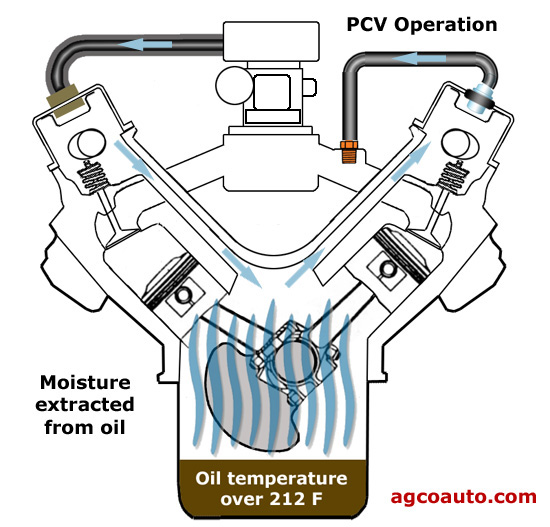
Dan Ferrell Updated: May 22, 2023 1:39 PM EDT Learn how to diagnose your own PCV valve here. Photo by Tim Mossholder on Unsplash Everything You Need to Know About PCV Valves You probably don't realize how important the PCV system—the Positive Crankcase Ventilation (PCV) valve and its related components—is to the well-being of your engine.
Bad PCV Valve Symptoms How to Fix A Bad PCV Valve

When the PCV valve in your car is not working properly, it can cause smoke. The valve allows air to escape from the engine while it is running, reducing the amount of oxygen available for combustion. If this happens, the engine will overheat and eventually fail. Black smoke:
What is a PCV valve and how does it work? (2022)
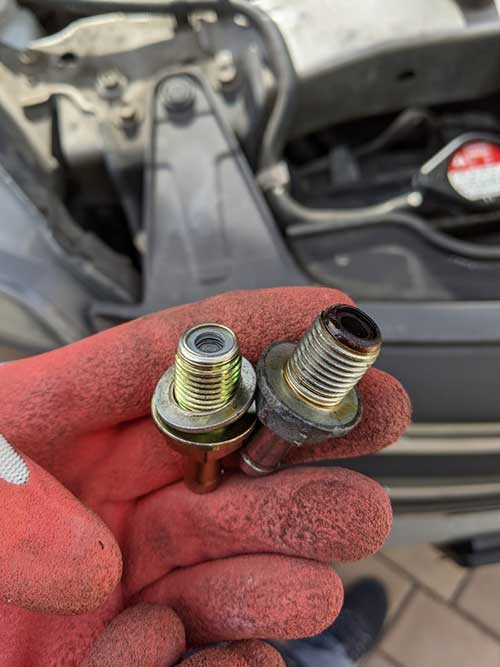
The most common symptom of a failing PCV valve is bad engine performance or an oil leak. If the PCV valve is not working properly, it will cause the engine to run lean, which will trigger the check engine light. Other symptoms of a bad or failing PCV valve can include an oil leak, increased fuel consumption, and a rough idle.
8 Bad PCV Valve Symptoms & How To Fix
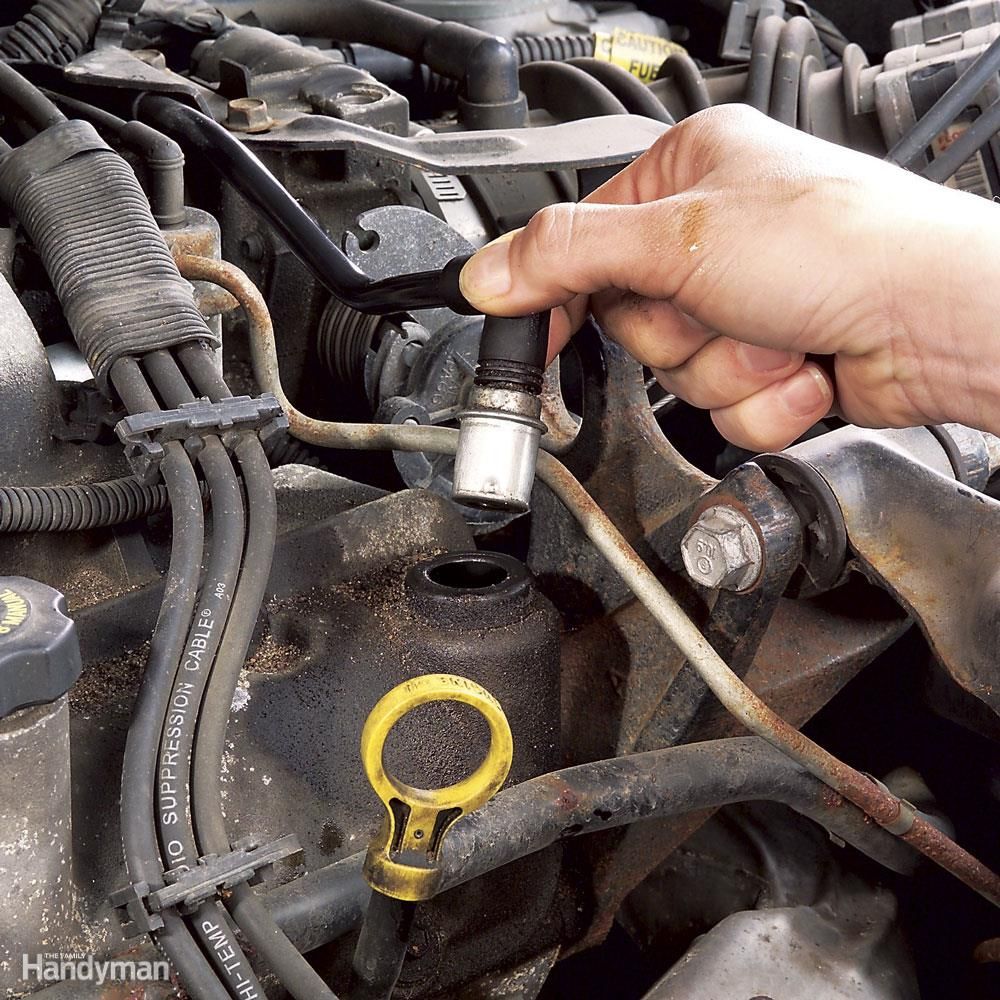
So, what are the symptoms of a bad PCV valve? The most common symptoms of a bad PCV valve are a rough idle and engine performance issues, along with a check engine light on your dashboard. You may also notice that your engine has high oil consumption and see blue smoke coming from the exhaust.
How Much Oil Can a Bad PCV Valve Burn? Oil Filters Online
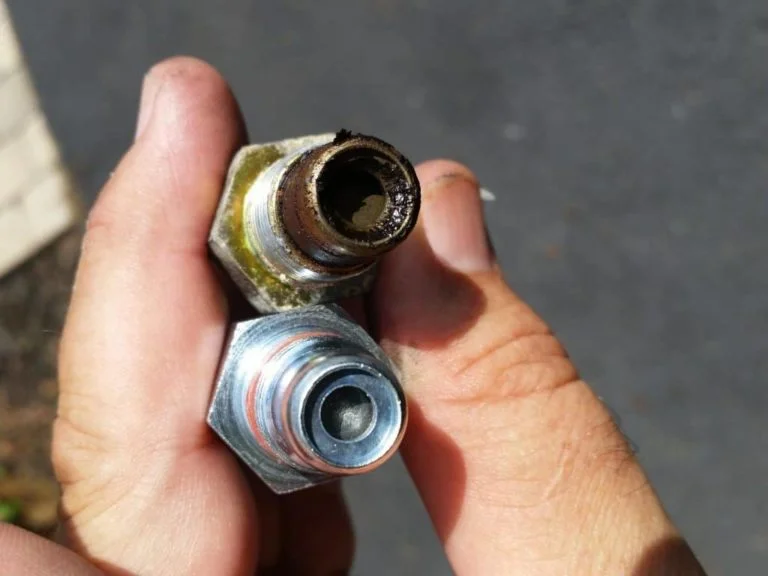
One very common sign of a bad PCV valve is a whistling or hissing sound coming from the engine. This can indicate that there is a slight blockage in the PCV valve. A Check Engine warning light can be another sign that you need to replace a PCV valve because the PCV valve impacts vehicle performance and emissions.
Can a Bad PCV Valve Cause Smoke? (All You Need to Know) VehicleWhat

Your Engine Is Running Poorly A PCV valve failure can cause your engine to run poorly. If it does, you'll notice the following symptoms in addition or instead of the symptoms above. Rough idle Hesitation when accelerating Misfires or other issues caused by fouled spark plugs Lean or rich fuel mixture issues as sensors get fouled with oil
Can a bad PCV valve cause burning oil smell? YouTube

(All You Need to Know) - VehicleWhat Can a Bad PCV Valve Cause Smoke? (All You Need to Know) By: Steve Summers Automotive Whenever we see smoke-producing from an engine, we get tense. Generally, a good engine and its equipment don't create any smoke. But if you notice smoke from the engine or vehicle, there is something wrong with the equipment.
Can A Bad PCV Valve Cause Engine Knock? [All Reasons]
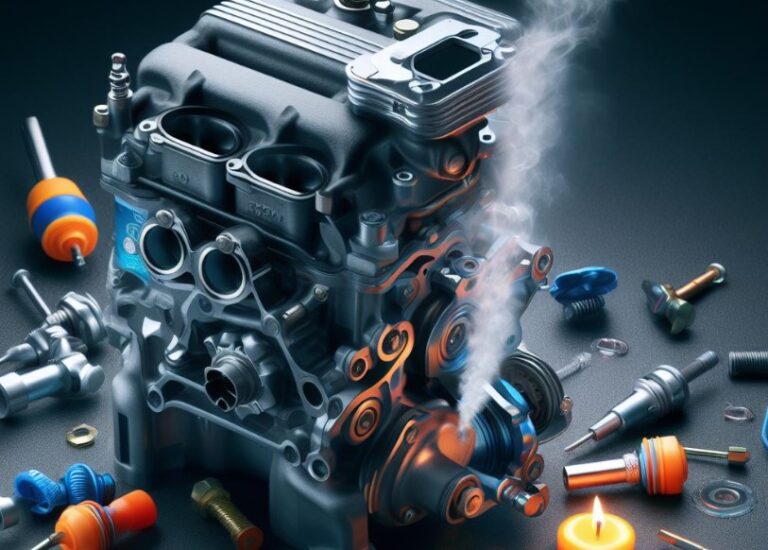
A bad PCV valve will affect the performance of your vehicle, so there are a few signs to watch out for before the valve completely fails: 1. Excessive oil consumption and leak A bad PCV valve may have a leak, which will cause excessive oil consumption.
How Much Oil Can A Bad PCV Valve Burn?
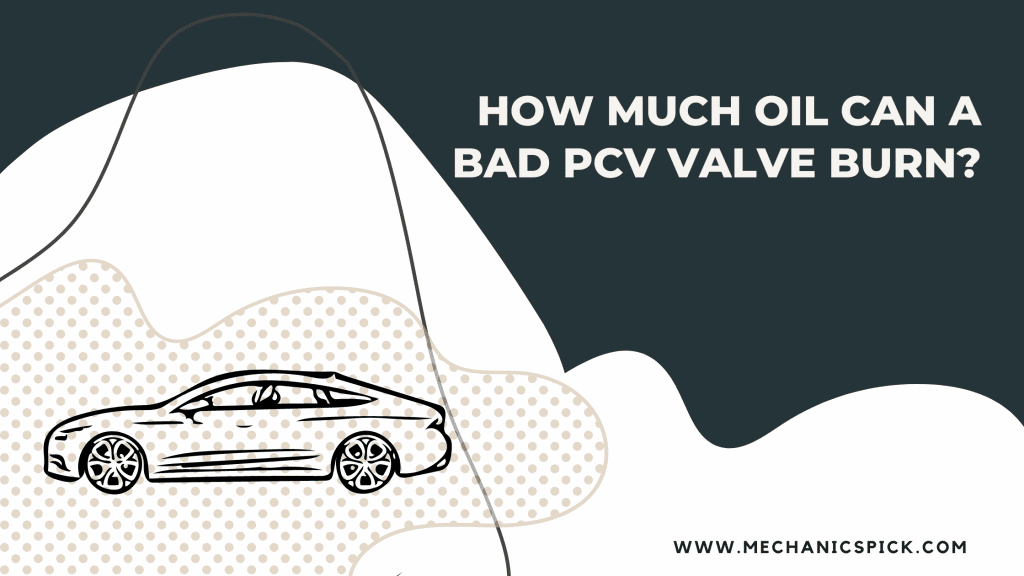
This causes the engine to burn the air-fuel mixture along with engine oil. Hence, the exhaust pipe releases blue smoke. Sometimes, the exhaust gas can appear white or black instead of blue. 3. Rough Idling or Engine Misfiring. Another common faulty PCV valve symptom is rough idling and engine misfiring.
Can a bad PCV valve cause o2 sensor code? YouTube

By Bob Thomas | July 29, 2023 1 Comment A PCV valve is a necessary part of an engine that allows the pressure that builds in the crankcase to be released. When a PCV valve fails, and the pressure is not released, it can cause several symptoms, such as blowing out gaskets or engine misfires.
How To Locate And Clean Your PCV Valve For Optimal Engine Performance NissanPros

Step 1: Determine If Your PCV Valve Needs to Be Replaced. One of the most obvious warning signs your PCV valve may need replacing is smoke coming out of the tailpipe or excessive oil consumption. If the PCV valve is stuck in the open position, it will draw excess vapors from the crankcase and burn more oil than expected.
Is Your Car's PCV Valve Failing? You Can Replace It Yourself
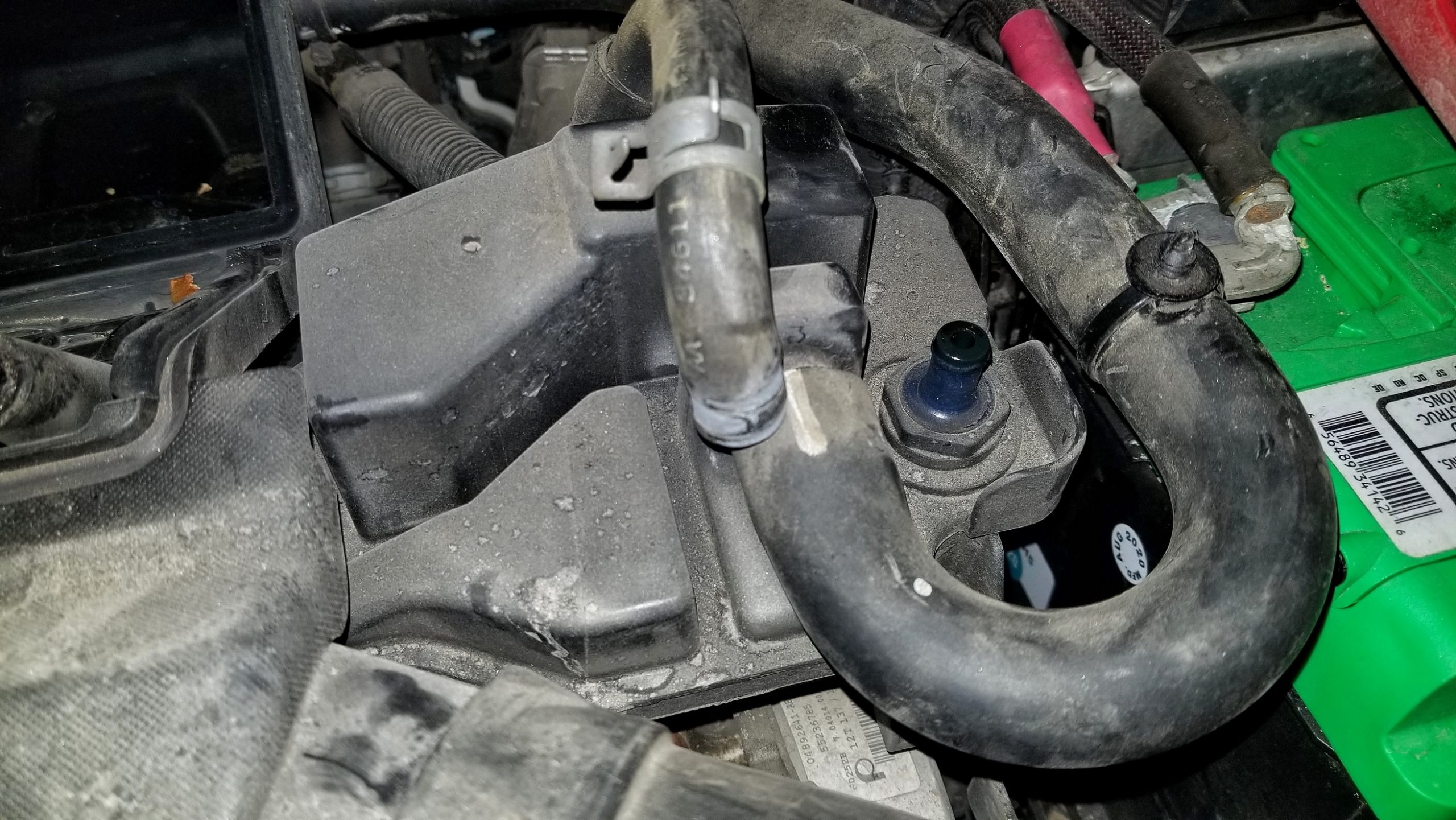
The positive crankcase ventilation (PCV) valve is an emissions device that keeps pollutants created by your engine from being released into the atmosphere. It also helps keep the engine oil clean and prevents crankcase pressure from building up. A faulty PCV valve can cause a number of problems: 1. Rough idle or stalling: If the plunger is.
Can a Bad PCV Valve Cause an Engine to Smoke? (Explained) VehicleWhat
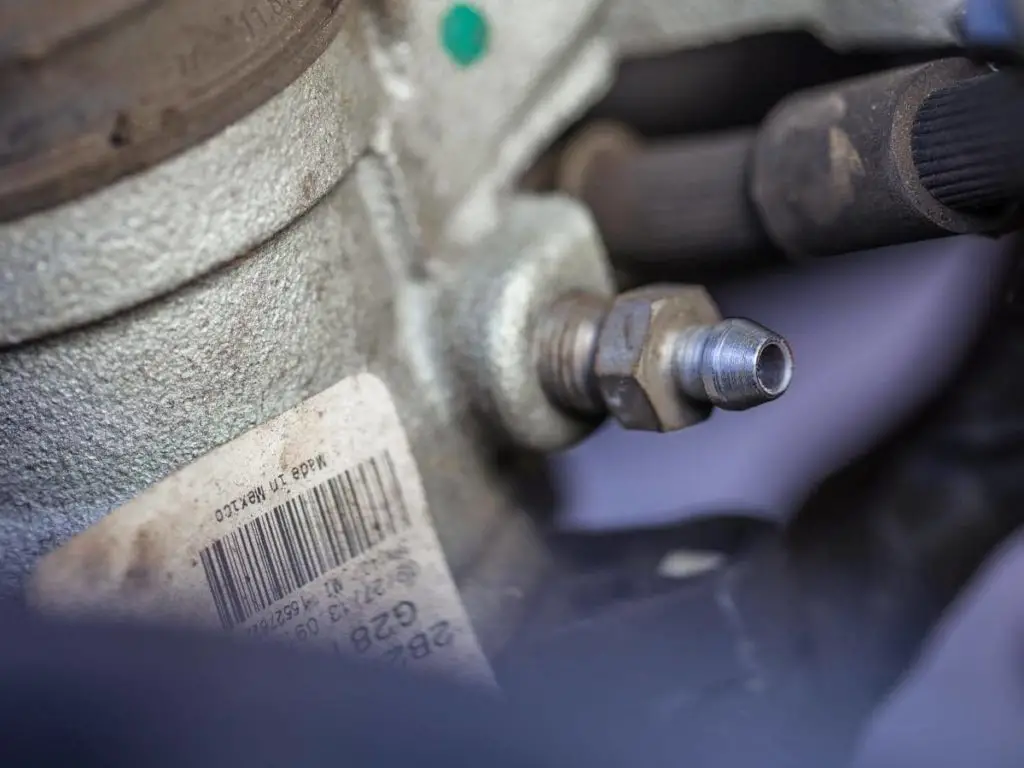
The acronym PCV valve, which stands for positive crankcase ventilation, transfers excess gas from the crankcase to the PCV valve. From there, it goes to the intake manifold and down to the engine again. Suppose the PCV valve hose breaks; there will be PCV oil consumption.
How Much Oil Can a Bad PCV Valve Burn? You Should Not Avoid!

If the PCV valve fails, you might notice the following symptoms: excessive oil consumption, rough idling/stalling, oil leaks, sludge, and an illuminated check engine light. It's not advisable to drive with a bad PCV valve because it can cause the gaskets to blow. Contentshide.
Can bad PCV valve cause poor acceleration? YouTube

Oil Leaks and Sludge. A bad PCV valve can also cause oil leaks and sludge buildup in your engine. This is because the valve is not allowing the proper amount of air to flow through the engine, which can cause oil to leak out of the engine and create sludge buildup. If you are experiencing any of these symptoms, it is important to have your PCV.
Bad PCV Valve Symptoms, Plus FAQ In The Garage with

1. Poor fuel economy If the PCV valve hose is clogged or has a leak, it may cause poor fuel economy. This is because the vacuum on the intake side of the cylinder head will not be able to properly signal the correct amount of fuel that needs to be fed into the engine and can result in a lean or rich engine condition.